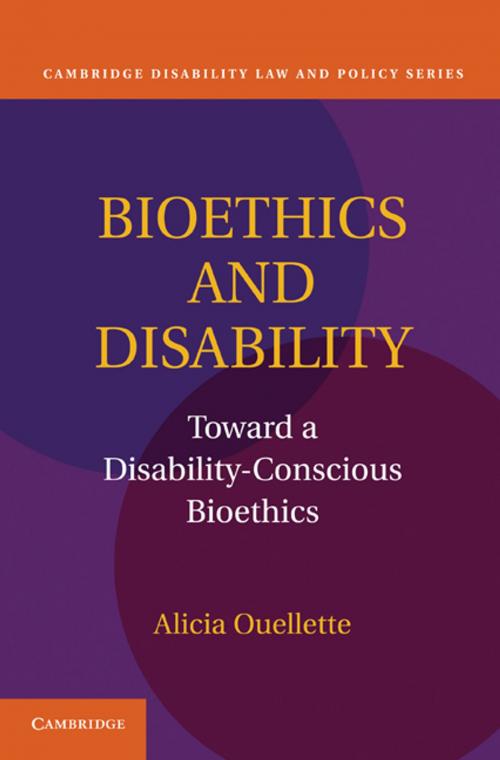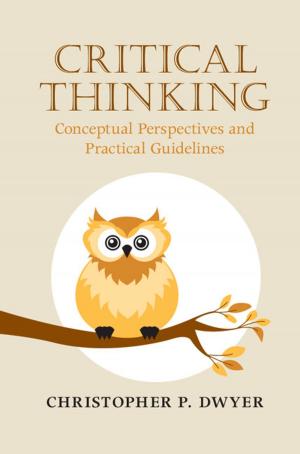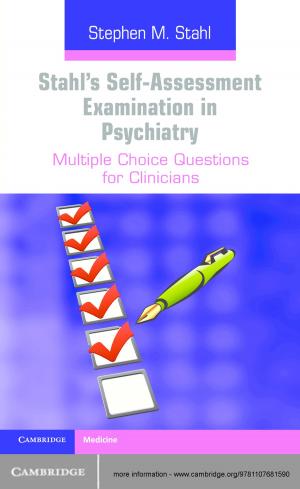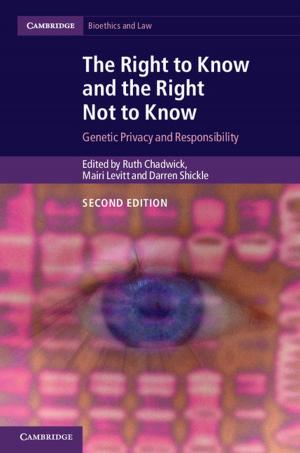Bioethics and Disability
Toward a Disability-Conscious Bioethics
Nonfiction, Reference & Language, Law, Medical Law & Legislation, Science & Nature, Science| Author: | Alicia Ouellette | ISBN: | 9781139124324 |
| Publisher: | Cambridge University Press | Publication: | April 25, 2011 |
| Imprint: | Cambridge University Press | Language: | English |
| Author: | Alicia Ouellette |
| ISBN: | 9781139124324 |
| Publisher: | Cambridge University Press |
| Publication: | April 25, 2011 |
| Imprint: | Cambridge University Press |
| Language: | English |
Bioethics and Disability provides tools for understanding the concerns, fears and biases that have convinced some people with disabilities that the health care setting is a dangerous place and some bioethicists that disability activists have nothing to offer bioethics. It wrestles with the charge that bioethics as a discipline devalues the lives of persons with disabilities, arguing that reconciling the competing concerns of the disability community and the autonomy-based approach of mainstream bioethics is not only possible, but essential for a bioethics committed to facilitating good medical decision making and promoting respect for all persons, regardless of ability. Through in-depth case studies involving newborns, children and adults with disabilities, it proposes a new model for medical decision making that is both sensitive to and sensible about the fact of disability in medical cases.
Bioethics and Disability provides tools for understanding the concerns, fears and biases that have convinced some people with disabilities that the health care setting is a dangerous place and some bioethicists that disability activists have nothing to offer bioethics. It wrestles with the charge that bioethics as a discipline devalues the lives of persons with disabilities, arguing that reconciling the competing concerns of the disability community and the autonomy-based approach of mainstream bioethics is not only possible, but essential for a bioethics committed to facilitating good medical decision making and promoting respect for all persons, regardless of ability. Through in-depth case studies involving newborns, children and adults with disabilities, it proposes a new model for medical decision making that is both sensitive to and sensible about the fact of disability in medical cases.















